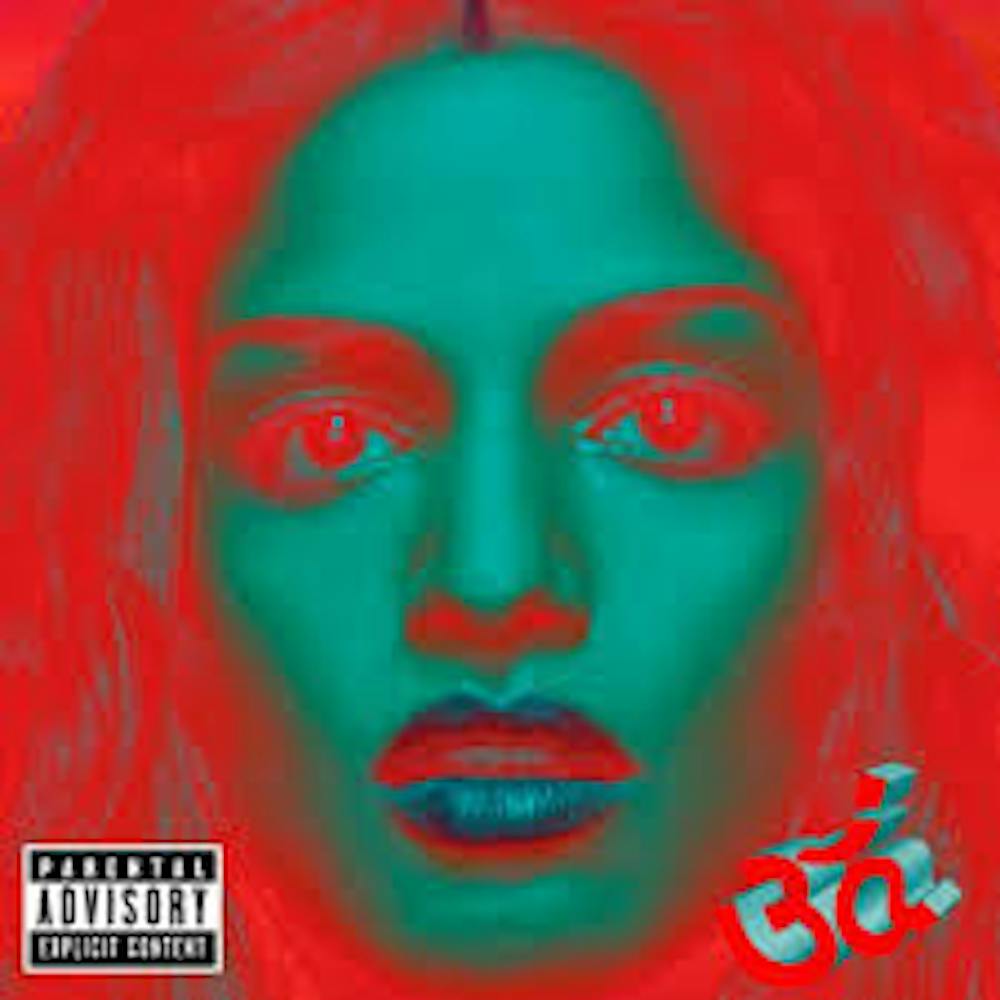Released: 11/1/2013
5/7 stars
The first time I listened to Matangi, I was a bit ambivalent. M.I.A.’s last album, Maya, did not stand out to me much. In my opinion, it pales in comparison to Kala (and no, it is not amazing because of hit song “Paper Planes.” I highly recommend listening to “Right Round” featuring Timbaland, another of my favored rap artists and one of M.I.A.’s main musical influences). The first song on Matangi, “Karmageddon,” was slower-paced than a lot of M.I.A.’s music and felt more intimate than usual. It had a somewhat foreboding feel as if it were leading up to something intense and exciting, but that moment never came. The song felt rather flat and was not necessarily an encouragement for the rest of the album. However, the slight deviance from her normal style was appreciated.
Matangi was more the style I expected from M.I.A.—upbeat, with traditional Indian-sounding sounds. She took it a step further by traditionalizing her voice to match these beats. It was somewhat like an updated version of “World Town” from Kala with more traditional musical elements and less electric sounds. The ending of the song was an interesting contrast from the rest of it, tying up the sounds with a musical ribbon.
Many of the songs throughout the first part of the album seemed rather repetitive, but songs like “Only 1 U” and “Attention” had electronically warped refrains that managed to be very catchy. The extensive distortion of her voice became rather distracting from the song itself, but this is fairly true to M.I.A.’s usual style. “Come Walk With Me” provided a throwback to Kala when she sang/rapped/shouted, “M.I.A. is comin' back with powa powa” at the end of the song.
Then came what I see as the turning point of the album, “Exodus.” The beats reminded me of those used in much of the music produced by current pop artist Lorde in her album Pure Heroine. Of course, M.I.A.’s version is full of a wide range of sounds and distortions that create an exciting and dynamic mess. The refrain “Baby you can have it all/Tell me what for,” followed by lyric “Truly what I see is all I keep/My sights are set in higher times” seem to challenge the rap ideal of fame and fortune by asking the listener what he/she really wants “it all” for? Why do you need it all, she seems to ask. The definition of exodus is “N. A mass departure of people, especially emigrants.” Could this be identification with the artist’s foreign heritage in regards to her home in England? A relatively successful artist, M.I.A. is constantly moving forward, having signed on recently with Jay-Z’s Roc-Nation management (to provide context, this is also who manages Rihanna).
What has been and most likely will continue to be the most popular song on the album, “Bad Girls,” does not have very original lyrics but is very catchy and dynamic. “Live fast/die young/bad girls do it” is not exactly a refrain we haven’t heard before in similar forms, but the song itself is well done and fun to listen to. “Double Bubble Trouble” is a reggae-style song with an exciting downbeat, and adds a cool twist to what had already turned into a dynamic and variety-filled album.
By the end of Matangi, I found myself wanting to hear more. Although I was not initially very impressed, the dynamics of the album grew throughout it and made me love M.I.A. again. Through her music she is the epitome of a strong female lead, and it’s infectious. Should you buy this album? I would personally choose to buy select songs, if I really wanted to spend the money on it. Should you listen to the album? Yes, definitely. All the way through and in order the first time, because the progression was obviously though out and is worth appreciating at least once.





